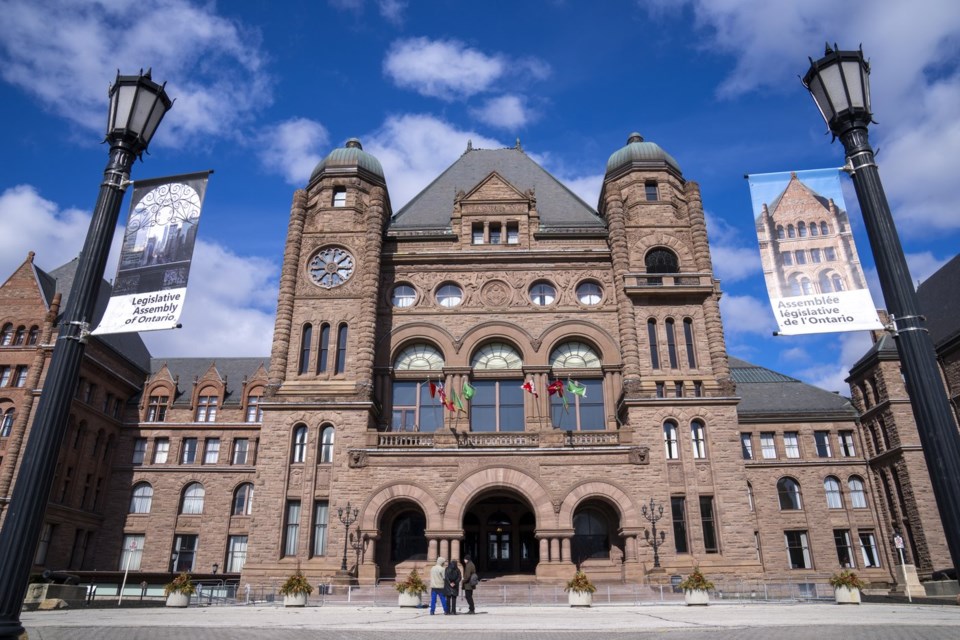TORONTO ŌĆö More than 600 professional engineers and land surveyors who work for the Ontario government have started a work-to-rule campaign and warn that their job action could affect the province's ability to make progress on key infrastructure projects.
Their bargaining association says members' earnings have fallen so far behind that they sometimes earn half of what people in similar positions at municipalities make. They have been without a contract for 20 months.
Nihar Bhatt, president of Professional Engineers Government of Ontario, said his members want to see a "significant" increase in pay, though he did not give specific percentages.
"What we're looking for is market alignment," he said.
"We are behind the market by 30 to 50 per cent. Obviously, nobody's logically going to think that that's what we're going to get, but we need to start moving in that direction."
A spokesperson for Treasury Board President Caroline Mulroney said the government stands ready to negotiate in good faith at the next scheduled mediation later this month.
"Since July 2023, the government has held numerous bargaining sessions with the Professional Engineers Government of Ontario bargaining team in an effort to reach a fair deal at the negotiating table," Liz Tuomi wrote.
"The governmentŌĆÖs latest offer recognizes the specialized role of PEGO employees."
Tuomi did not provide details about the government's offer.
The engineers and land surveyors are employed by several government ministries and agencies and do work related to the provincial highway network, the Ontario Building Code, land surveying, fire safety, food and workplace safety, clean air and safe drinking water.
Low wages are creating a recruitment and retention crisis that could lead to delays on government priorities such as Highway 413 and the Bradford Bypass, Bhatt said.
"Fifty per cent of our membership has less than five years of experience," he said.
"You can't have like half the membership sitting here with almost no experience and being thrust into all these duties, because the senior people have gone to the lower levels of government, ironically. So the issue is recruitment and retention, and that flows from a fundamental structural misalignment with the market."
PEGO and the Treasury Board have an agreement in place as to the maintenance of essential and emergency services during a legal strike, the association said.
But they are now engaging in a work-to-rule campaign, which includes not doing unpaid overtime or working outside of their set hours, not doing work that is supposed to be done by managers within the public service and not doing work for more than one position.
Subsequent escalation could include strategic withdrawals of labour by certain groups of employees that could affect the ability to advance and manage critical infrastructure, the association says.
"We don't want to do this, but next month, when major milestones are coming up for the Bradford Bypass, and they decide not to review the design requirements, what happens then?" Bhatt said.
"We are not a profession prone to threats. We don't want to do this. We like to build stuff, and we like to do it right, and we like to do it safely, but we can't be doing it in the way they're doing it."
This report by The 91įŁ┤┤ Press was first published Oct. 8, 2024.
Allison Jones, The 91įŁ┤┤ Press



